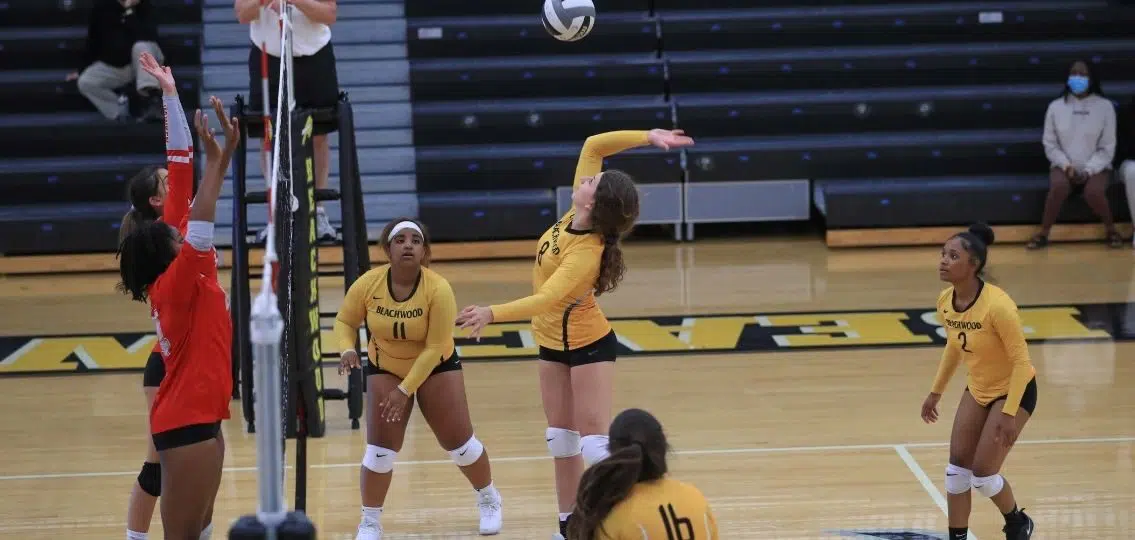As a parent of three busy boys, you better believe I spent countless hours washing sports gear, carpooling to practices, and sitting on the bleachers. Name a sport and my trio likely participated at some point: football, basketball, baseball, lacrosse, soccer, tennis, wrestling, and track.
Why so many sports? Because despite this massive participation, we weren’t an “athletic family.” (Yes, I take the blame for that designation.) We took more of a sample platter approach rather than going all in on any particular sport. In the end, only one of my three excelled at any of those activities, but all of them were winners. Why? Because we found that the real benefits of sports for teenagers weren’t in nabbing an athletic scholarship or even a championship.
If your middle schooler hasn’t yet embraced a sport, you might be wondering if it makes sense to try out. My two cents? Absolutely, and here’s why:
Why Sports Are Good for Kids
Whether they’re destined to be a starter or a benchwarmer, it’s crucial to recognize the real value goes beyond the game itself. “The bigger picture is about developing life skills that will stick with you far after the glory of the win fades,” says Katy Crismon, Beachwood Middle School counselor and coach.
| [adrotate banner=”246″] |
Here are three lessons they’ll learn that have absolutely nothing to do with the score.
1. They’ll build relationships.
For Beachwood City Schools’ director of athletics Ryan Peters, the key benefit is the connections they make. “I see kids who start as teammates become fast friends.” On the flip side, they’re not likely to enjoy everyone on the team, which is itself a valuable lesson, says Crismon. “With so many different personalities, you’re not always going to get along with everyone, but
you figure out how to communicate to work toward a common goal.
2. They’ll learn resilience.
We all picture ourselves scoring the winning goal—or at the least, rushing the field when a teammate does—but that’s not always how the game ends. “Sports teach you how to bounce back and improve the next time,” notes Crismon. “Some days you might want to quit, but instead you practice how to push through.”
This is a key lesson for today’s youth, she says, because many parents are all too quick to cushion kids from adversity. “Eventually everyone will fail at something that meant a lot to them. Sports give a live-action look at how to fail and instills in kids the notion that this one failure is not tied to their identity.”
3. They’ll learn values.
Many families shy away from sports because they have heard horror stories about kids (and parents) behaving badly. But the point of organized sports is to help avoid those scenarios, Peters emphasizes. “It starts with little things, like cheering on a teammate and shaking the official’s hand,” he says. “In sports kids learn how they deal with right and wrong—how will they react in a scenario when a game is on the line?”
The Importance of Sports for Middle Schoolers
But what if your kids, like mine, aren’t particularly athletic? Here’s what to know about coaxing them off the sidelines.
1. It’s never too late or too early to start in sports.
The earlier your tween or teen starts, the more success they are liable to have as they build skills through drills and experience. At the same time, it’s never too late, Peters notes. “I often see a reluctant kid who gave it a go, and it really helped their health and confidence.”
2. Build them up.
There’s always something to praise about their performance. “Find any little thing they’ve done well—even if it’s just having a positive attitude—and compliment them,” Peters says.
3. Find a sport that works for them.
While gaining a coveted spot on the championship high school basketball team might be unattainable, there are others that welcome all students. For example, running, swimming, and wrestling don’t require a lot of know-how and are often “no-cut” sports. Crismon particularly champions cross country to boost kids’ physical fitness and mentions that even though it’s an
individual sport, they will benefit from the camaraderie of a team environment.
“Encourage your child not to be afraid to try something new,” says Peters. “They will never know until they try.”
And that, says Crismon, could be the most important lesson of all. “Growth happens when you’re a little uncomfortable. You find out you can put yourself out there, and you’ll still be ok.”




